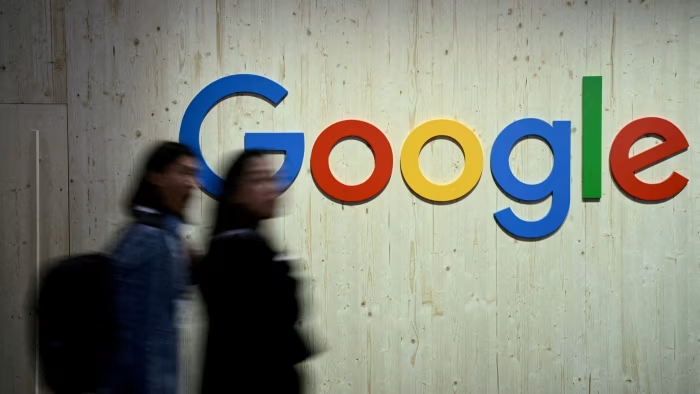Unlock the Editor’s Digest for free
Roula Khalaf, Editor of the FT, selects her favourite stories in this weekly newsletter.
A US federal judge has signalled concerns about ordering the break-up of Google’s advertising business, as courts in monopoly cases shy away from mandating Big Tech companies split themselves up.
Leonie Brinkema, a federal district judge in Virginia, in April ruled Google had “wilfully” monopolised parts of the digital ads market.
The Department of Justice, which brought the case, has requested Google parent Alphabet be ordered to spin off elements of its ads business.
But in a final hearing on Friday about the so-called remedies to be imposed to address the monopoly, Brinkema said the DoJ’s request was a “dramatic change” that would not be as “easily enforceable” as the resolution Google has proposed.
Brinkema said she was “concerned about the timing of all this” because a court-ordered break-up would likely be delayed while Google probably pursued a lengthy appeal. “Time is of the essence,” she added.
Her decision will be critical for Google. Its core search and ads business generates more than $50bn in quarterly revenue — half the total sales of parent company Alphabet. This revenue helps finance the rest of its empire from its DeepMind artificial intelligence lab to Waymo self-driving taxis.
Brinkema’s April ruling found Google illegally dominated online advertising through its control over the technology online publishers use to sell ad space, and the biggest exchange on which businesses bid for ads.
The DoJ argues Alphabet should be ordered to sell the ad exchange and if necessary implement a phased divestiture of the technology online publishers use to sell ad space.
Google has offered “behavioural” remedies as an alternative, including sharing its advertising exchange’s bid data with competitors, integrating technology with an alternative advertising tool and installing a monitoring trustee.
Brinkema’s decision, which the judge said she would probably issue next year, will follow several recent orders in high-profile competition cases that have come down in favour of Big Tech.
This week, a federal judge decided in Meta’s favour in a case brought by the US Federal Trade Commission, which had sought to unwind the group’s acquisitions of Instagram and WhatsApp.
Google has also fought a separate DoJ case, which convinced a court the company had illegally dominated online search including by paying Apple and others billions of dollars to be their default search provider.
However, the judge in September rejected prosecutors’ request that Google be forced to sell its Chrome browser and instead imposed a package of less-stringent remedies.
Brinkema seemed open to arguments, also made in the earlier case, that judgments may become obsolete in the fast-moving tech industry by the time divestitures are fully implemented.
Matthew Huppert, a DoJ lawyer, told Brinkema that only a divestiture could ensure Google, which for years put the industry “under its thumb”, does not “re-monopolise” the market.
So-called behavioural remedies alone “would freeze the status quo in place”, Huppert said, warning the court that Google has the “wherewithal” to test their bounds in “every conceivable way”.
Karen Dunn, the lawyer representing Google, likened the DoJ’s request to a “grenade” that would cause disruption for customers and higher prices.
She also stressed a potential buyer for Google’s ad exchange had not been identified — a notion Brinkema seized upon, arguing she was “concerned” a potential divestiture was at a “fairly abstract level”.
The “court has to be far more down to earth and concrete”, Brinkema added.
